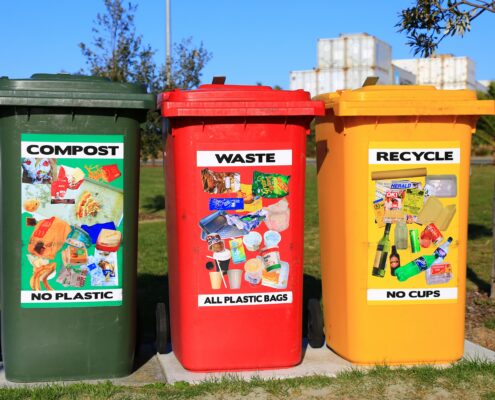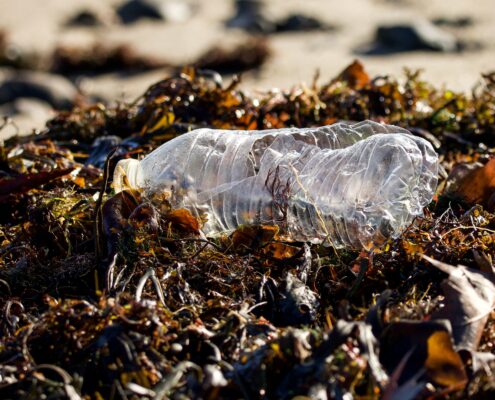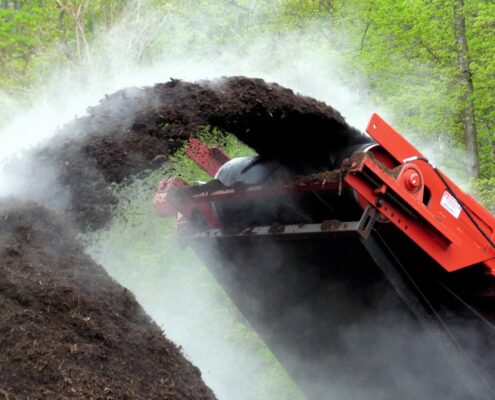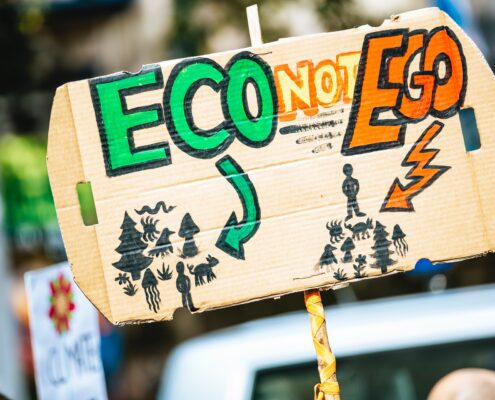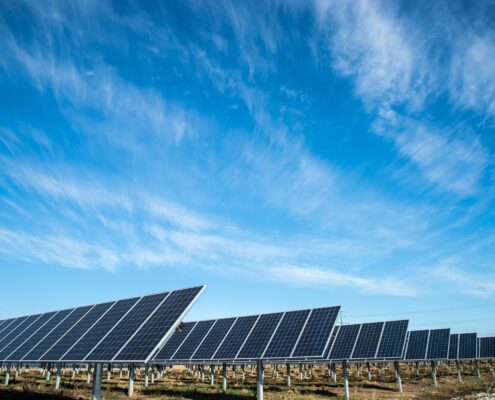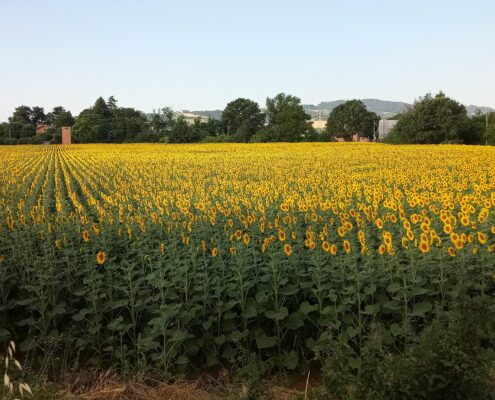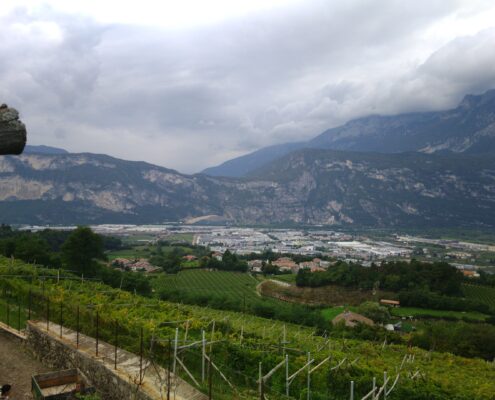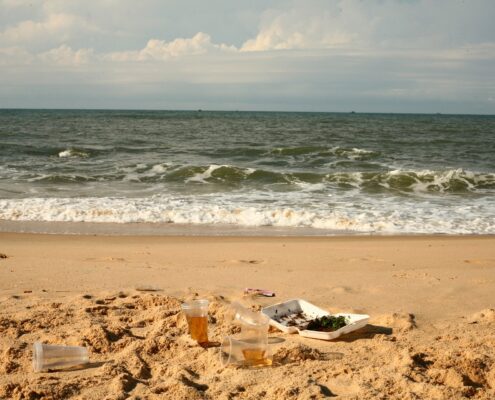 https://greenmarked.it/wp-content/uploads/2024/06/tim-mossholder-qq-8dpdlBsY-unsplash-scaled.jpg
1703
2560
Barbara Centis
https://greenmarked.it/wp-content/uploads/2022/01/LOGO-GREENMARKED-SITO-600x600.png
Barbara Centis2024-06-03 20:02:532024-06-03 20:36:43A World of Plastic: Soon to an End?
https://greenmarked.it/wp-content/uploads/2024/06/tim-mossholder-qq-8dpdlBsY-unsplash-scaled.jpg
1703
2560
Barbara Centis
https://greenmarked.it/wp-content/uploads/2022/01/LOGO-GREENMARKED-SITO-600x600.png
Barbara Centis2024-06-03 20:02:532024-06-03 20:36:43A World of Plastic: Soon to an End?August 17, 2022
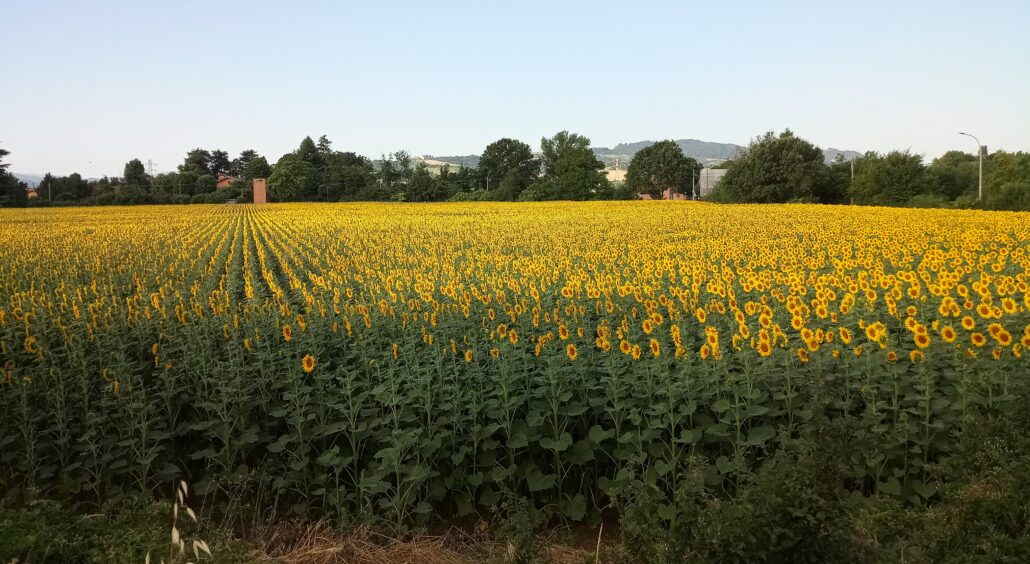
World population studies tell us that we had continuous growth from the end of the 14th century’s notorious Black Death to the present. In the early 1900s, global population was about 1.65 billion, while in June 2022, we nearly touched 8 billion despite two world wars [1].
Since it is estimated that in 2050 human population will potentially reach 10 billion [2], will we not be too many on this planet? Are ordinary citizens aware of this massive increase?
There are various life forms on Earth. We, humans, consider ourselves the most intelligent species, flaunting our civilization and puffing out our chests in high esteem. Yet, do our actions correspond to that intelligence?
On these hot summer days, TV news programs do not give us much optimism. Journalists tell us about extreme heat, droughts, fires, wars, Covid, smallpox, locusts in Sardinia, and heavy immigration from poorer countries: tragedies only.
We should ask ourselves where our reason has gone. If in 120 years the world population has reproduced about 4.8 times, our wisdom has not thought of long-term plans for agricultural development, water recycling, seawater desalination, and waste reuse. If the energy humans wish for their pleasures and duties is not enough, why has no thought been given to its clean regeneration?
“Come on, it’s just the TV”, I told myself.
I dropped the TV news and looked for reassurance in the newspapers but found nothing. I abandoned the newspapers as well, and landed on social media, where “Keyboard Lions” are found in abundance.
“Not this one: It is the baby boomers’ favorite. This one has just post of holiday photos. This one only polemical tweets. Certainly, this one is mostly used by the young people: I will find something positive … No, not even here”. So, I asked myself, “If man conquered outer space and now wants to build a neat space station for human beings, will we really be able to fit all of them, all eight billion of them?”
I better go to sleep. Some good rest will erase all the bad thoughts.
It is hot. I woke up early and decided to go for a bike ride – normal bycicle, not electric. Let’s save a little coal or oil. I cut through the farm fields of the beautiful Po Valley until I stopped at the top of a highway overpass. It is just 08:00 AM and I can already see a long line of cars, halted on their way to the Adriatic sea. “What is a line of cars?”, was my first thought.
I run away from the smell. The cars are still but their engine is running to supply their “inhabitants” with the coolness from the air conditioner. Far away I see a large sunflower field. At last something beautiful.
The Po Valley has always hosted hardworking people. Sunflowers must be oxygen for our agricultural economic sector. My thoughts immediately go to my grandma’s fried zucchini blossoms.
I reach the fields and stop to shoot a couple photos. “They cleaned the ditches”, I notice. “It will be good in case of thunderstorms”. Then, I have a closer look at the ditch and see big tires, glass and plastic bottles, and bags full of garbage. “What a shame for our exceptional intelligence. Will my fried zucchini blossoms now taste of tire?”
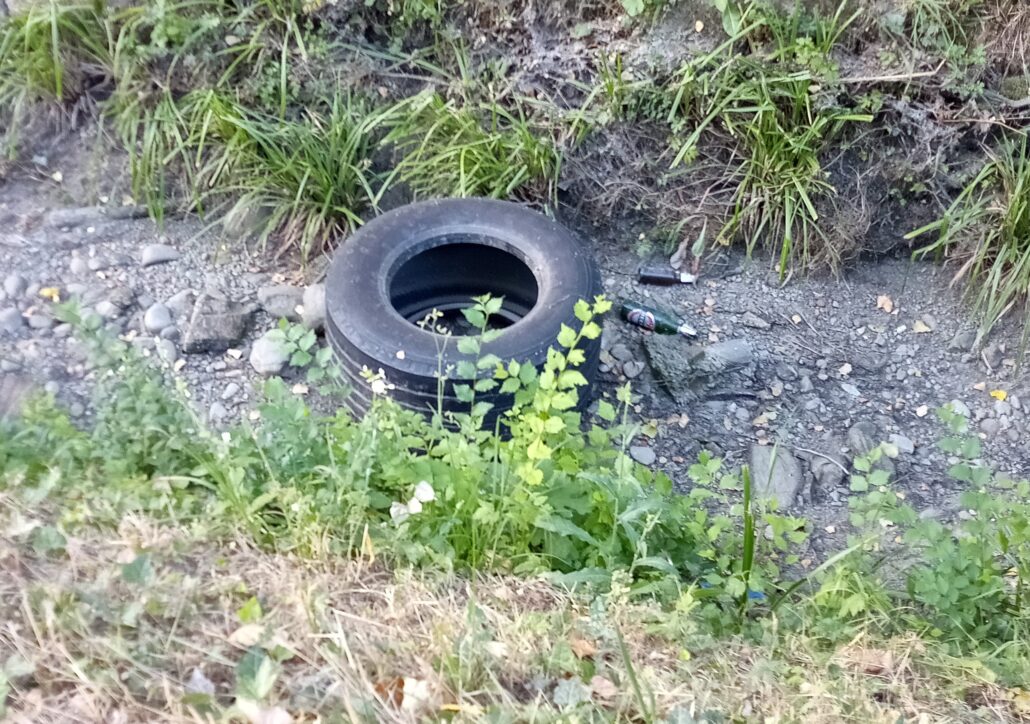
Fig. 1: A tire and glass bottles found in a typical ditch of the Po Valley. Author, 2022.
Only a few kilometers from here, there is an inter-municipal landfill where everyone can bring their waste [3]. Not only is the service free, but one also receives a tax discount at the end of the year. We are really smart beings.
On my way home, I pass close to a carwash. There is a line of cars – no, sorry, a line of human beings with their car – waiting for their turn. With the news announcing severe droughts and possible water rationing [4], is it really necessary to clean our car these days?
If car washing needs about 10-15 liters of water and a man drinks about 2-3 liters a day, each cleaned car would be equivalent to a week of drinking.
Looking at these insightful actions and acknowledging that there are 8 billion of us, are we not too many?
Related articles:
References:
[1] World population prospects 2022 – United Nations. (n.d.). Retrieved August 8, 2022, from https://www.un.org/development/desa/pd/sites/www.un.org.development.desa.pd/files/wpp2022_summary_of_results.pdf
[2] World population clock. (n.d.). Worldometer. Retrieved August 12, 2022, from https://www.worldometers.info/world-population/
[3] Centro di Raccolta Rifiuti (CDR). (n.d.). Comune di Zola Predosa. Retrieved August 12, 2022, from https://www.comune.zolapredosa.bo.it/aree-tematiche/ambiente-animali-rifiuti-energia/centro-di-raccolta-centro-di-raccolta
[4] Ansa, R. (n.d.). Siccità, emergenza sempre gravissima in pianura padana. Agenzia ANSA. Retrieved August 12, 2022, from https://www.ansa.it/emiliaromagna/notizie/2022/07/11/siccita-emergenza-sempre-gravissima-in-pianura-padana_89a3ee2e-de08-404c-bf90-dc1cda85adba.html
Cover and preview image: A beautiful sunflower field in the Po Valley. Author.

